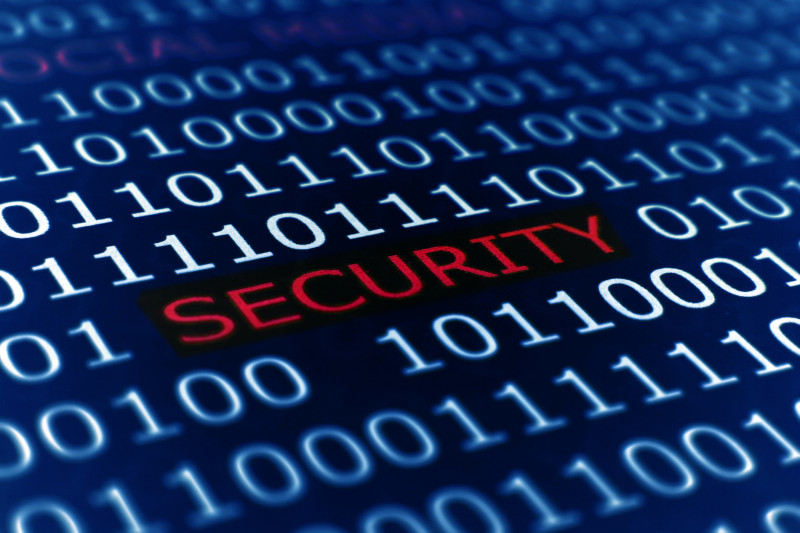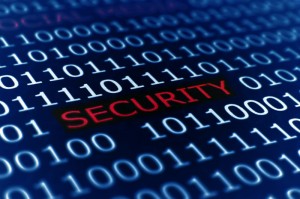One of the contents I like to throw into discussions about the cyber world is my regrets of a late initiation into cyber space. Knowing the endless capacity of the Internet today, I have often dearly rued my late admission. On the flip side however is also my fear of the darkness an early adoption may have conferred. I had gotten my first email address in 2001 and the only thing I did online was send mails, read received mails, chat on yahoo messenger and read poems sent by an organisation then into organising poetry competitions for poets. Looking back now, it’s like being on a tour of India and refusing to visit the Taj Mahal.
More than any of man’s invention, the cyberspace and the possibilities it holds stands out excellently. Hearing a couple of mishaps, thanks to the new media, I have since had a second thought. Perhaps the Internet could also have brought me harm in those missed years. But then, what of now and what of the future? With the present extreme interconnectedness of the world and countless financial transactions happening in virtual space, it is only decent to be concerned about the security implications. Anything otherwise is like walking a dark alley in a slum reputed for violence and doing so with calm and steady feet. Already, 39 per cent of the world’s population have Internet access. My interest is to point at the several threats in cyber space, the degree and possible solutions to them.
Cyber security is a reaction to cybercrime. The latter covers criminal activities involving the use of a computer and a network. With growing technology today, mobile phones and gadgets can also be used to execute cybercrime. Worrisome again is the age of people involved in this – young people. The ‘definitions’ of cybercrime mostly depend upon the purpose of using the term. A limited number of acts against the confidentiality, integrity and availability of computer data or systems represent the core of cybercrime. Snowden’s action continues to raise debates about definitions like these.
The list of cybercrimes today is infinite. There is the use of computer virus to destroy records and also cause financial benefit from anti-virus sales. A number of others also include cyber stalking and cyber bullying, both of which can cause depression for victims and trigger suicide thoughts. There’s also the moral angle where offensive contents like pornography are shared. Also included in these is the use of the Internet to threaten others under the pretence of freedom of speech and in certain instance people encode adverts of illegal drugs and seek patronage online.
Cyber crimes hold the capacity to impoverish state and non-state actors as well. In the hyper-connected world of tomorrow, it will become hard to imagine a ‘computer crime’, and perhaps any crime that does not involve electronic evidence linked with Internet Protocol (IP) connectivity. The recent hacking warfare, allegation and counter-allegations between USA and China, comes to mind to underscore contemporary warfare, another offspring of cybercrime possibilities used by states clandestinely in their pursuit or sustenance of hegemony. China’s stance is even stiffened by Snowden’s revelations of widespread surveillance of the US hack into critical infrastructures at universities in China. And the present storm generated by the knowledge that America’s CIA has been hacking into the phone of Germany’s Angela Merkel with Barrack Obama’s full knowledge is another case in point.
Nigeria is one of the worst hit by the misuse of cyberspace for crimes. The young people who indulge in this are called Yahoo-Yahoo boys, a metonym emanating from the use of Yahoo mails for such activities. Nigeria today has an almost irredeemable image.
The import is that Nigerians can’t have access to services like PayPal and a number of sites using credit cards on their platforms. The crime of a few has become the burden of all. It has taken series of campaigns both to the doers and possible victims to stem this tide.
There has also been series of arrests by the country’s Economic and Financial Crimes Commission, EFCC especially when it was manned by Nuhu Ribadu, the country’s foremost anti-corruption czar. Nigeria’s attempt to amend the criminal code and penal code which has no recognition for cybercrime is laudable. The Computer Misuse and Cybercrimes Offences Bill is also a right step. Except for South Africa, other countries on the continent do not have a public cyber security document. The tone of security has also been altered given the global trend. I am afraid that while developed nations seem to be matching up to these challenges, a number of developing countries are still battling the incorporation of basic Internet infrastructure use in defence and daily usage by the citizenry. It is not uncommon to see Nigerians with data bundles from various data service providers. The idea is to have a back-up in case there is failure from one; and that is a regular occurrence.
The growth of the Internet has been further enhanced by the interconnectedness that social media allows. Open source data and under-generated connect is what drives the social media and governments have been forced to respond in variegated ways. The edgy part for cyber security is the ease again with which it could undermine the Freedom of Information Act. The deluge of content on Facebook, Twitter and other social networking sites is unprecedented. Some cybercrime perpetrators no longer require complex skills or techniques. It no longer takes much to start a war. With a phone with Internet access, an email account, a Twitter handle and as little as 100MB, it is possible to set two nations at war! Anyone who doubts this, needs to see the Kenya versus Nigeria row on Twitter during the World Cup qualifiers match — #SomeoneTellNigerians and #SomeoneTellKenyans was used.
The need for bold solutions to cyber threats and crimes is enormous especially given the knowledge of what the world would be like in years to come. For those who know, we would come to rely more on cyber architecture in the coming years and if there are no plans for defence then, then it may as well be dooms day.
Read the concluding part of this piece next week.
 Sola Fagorusi is a creative writer, social media buff, entrepreneur, and columnist. He tweets via @SolaFagro
Sola Fagorusi is a creative writer, social media buff, entrepreneur, and columnist. He tweets via @SolaFagro



